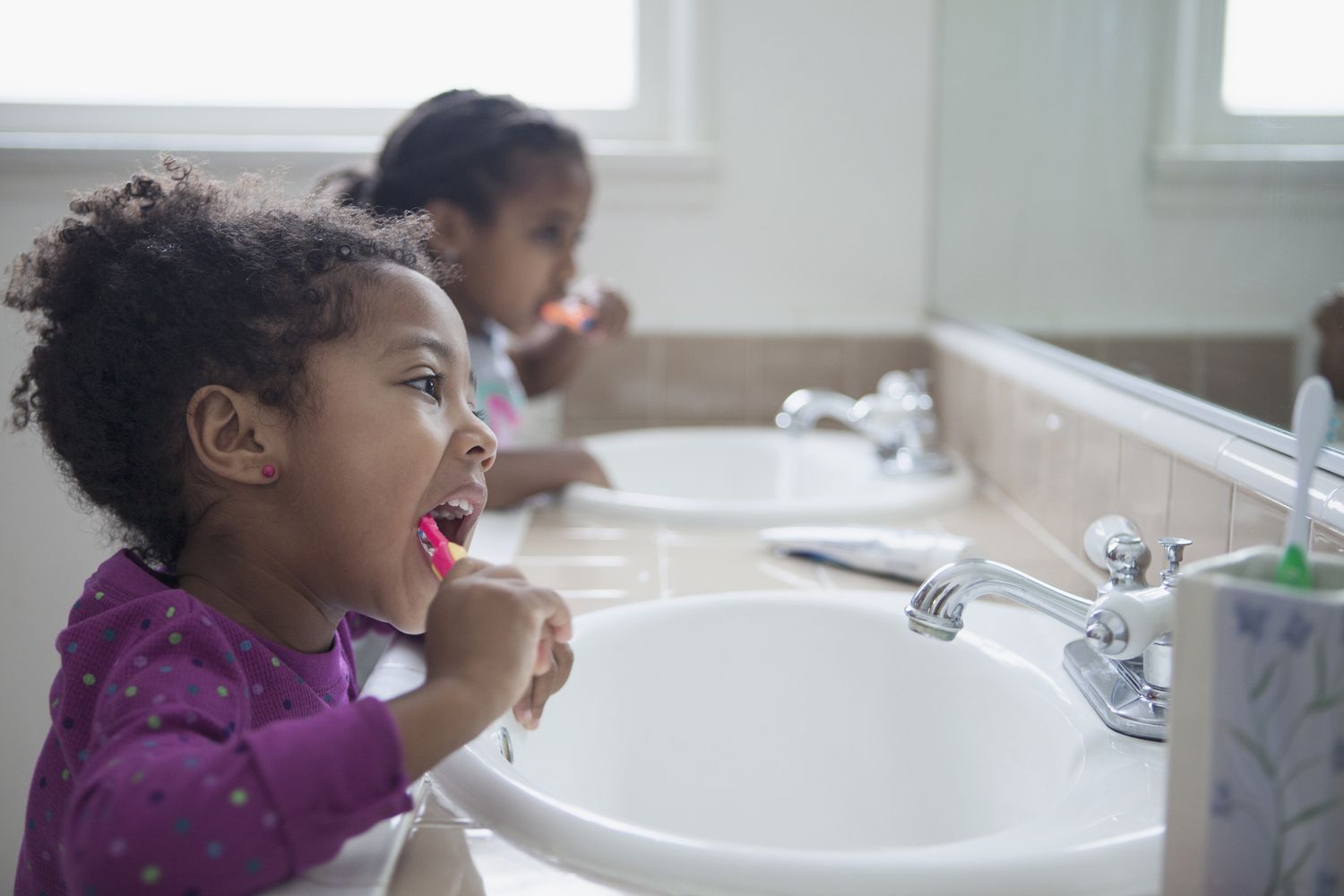Self-care is a vital practice that promotes physical, emotional, and mental well-being. While self-care is often associated with adults, it is equally important to introduce children to self-care habits from an early age. Teaching children to prioritize self-care fosters a sense of personal responsibility, resilience, and overall wellness. let’s explore the significance of developing self-care habits for children and discuss effective strategies to nurture their self-care practices.
- Understanding self-care for children: Self-care for children refers to activities and habits that promote their well-being, nurture their emotional health, and teach them to take care of themselves. It involves developing healthy habits, managing emotions, and engaging in activities that bring joy and relaxation. Self-care teaches children to prioritize their needs, manage stress, and build resilience.
- Physical self-care habits: Encourage children to develop physical self-care habits such as maintaining proper hygiene, getting enough sleep, and eating nutritious meals. Teach them the importance of regular exercise and outdoor play to keep their bodies healthy and strong. Engaging in activities like yoga, dancing, or sports can also help children develop a positive relationship with their bodies.
- Emotional self-care practices: Emotional self-care involves recognizing and managing emotions in a healthy way. Teach children to identify and express their feelings openly. Encourage them to engage in activities that promote emotional well-being, such as journaling, drawing, or talking to a trusted adult or friend. Teach them relaxation techniques like deep breathing or guided imagery to manage stress and anxiety.
- Nurturing social connections: Social self-care involves nurturing healthy relationships and connections with others. Encourage children to spend quality time with family and friends, engage in activities that promote teamwork and cooperation, and participate in community service. Teach them effective communication skills, empathy, and active listening to build strong and supportive relationships.
- Cultivating hobbies and interests: Encourage children to explore and pursue hobbies and interests that bring them joy and fulfillment. Whether it’s reading, painting, playing a musical instrument, or engaging in outdoor activities, hobbies provide a sense of accomplishment, relaxation, and personal growth. Encourage children to set aside dedicated time for their hobbies and interests.
- Setting boundaries and time management: Teach children the importance of setting boundaries and managing their time effectively. Help them prioritize their activities and responsibilities, ensuring they have time for self-care activities amidst their daily routines. Encourage them to say no when necessary and respect their own needs and limitations.
- Promoting positive self-talk and self-compassion: Foster a positive self-image by promoting self-talk that is kind, encouraging, and compassionate. Teach children to challenge negative self-talk and replace it with positive affirmations. Encourage them to practice self-compassion, understanding that everyone makes mistakes and that it’s okay to take care of themselves.
- Encouraging reflection and mindfulness: Teach children the importance of reflection and mindfulness in self-care. Encourage them to take moments of quiet reflection to tune into their thoughts and feelings. Engage in mindfulness activities like deep breathing exercises or guided meditations to help them stay present and cultivate a sense of calm.
- Leading by example: As adults, it is crucial to model self-care behaviors for children. Show them the importance of prioritizing self-care by taking care of your own physical, emotional, and mental well-being. When children witness adults practicing self-care, it reinforces the value and normalization of these habits in their own lives.
- Creating a supportive environment: Create an environment that supports and encourages self-care habits. Provide children with resources and tools to practice self-care, such as journals, art supplies, or a designated space for relaxation. Foster open communication, actively listen to their needs, and validate their experiences. Create a family routine that includes self-care activities, ensuring they become an integral part of everyday life.
Conclusion: Developing self-care habits in children is essential for their overall well-being, resilience, and personal growth. By teaching children physical self-care habits, nurturing emotional well-being, cultivating social connections, encouraging hobbies and interests, setting boundaries, promoting positive self-talk and self-compassion, fostering reflection and mindfulness, leading by example, and creating a supportive environment, parents and caregivers can empower children to prioritize their own self-care. These habits will equip children with the tools they need to navigate challenges, manage stress, and lead healthy and fulfilling lives, fostering a strong foundation for their future well-being.

